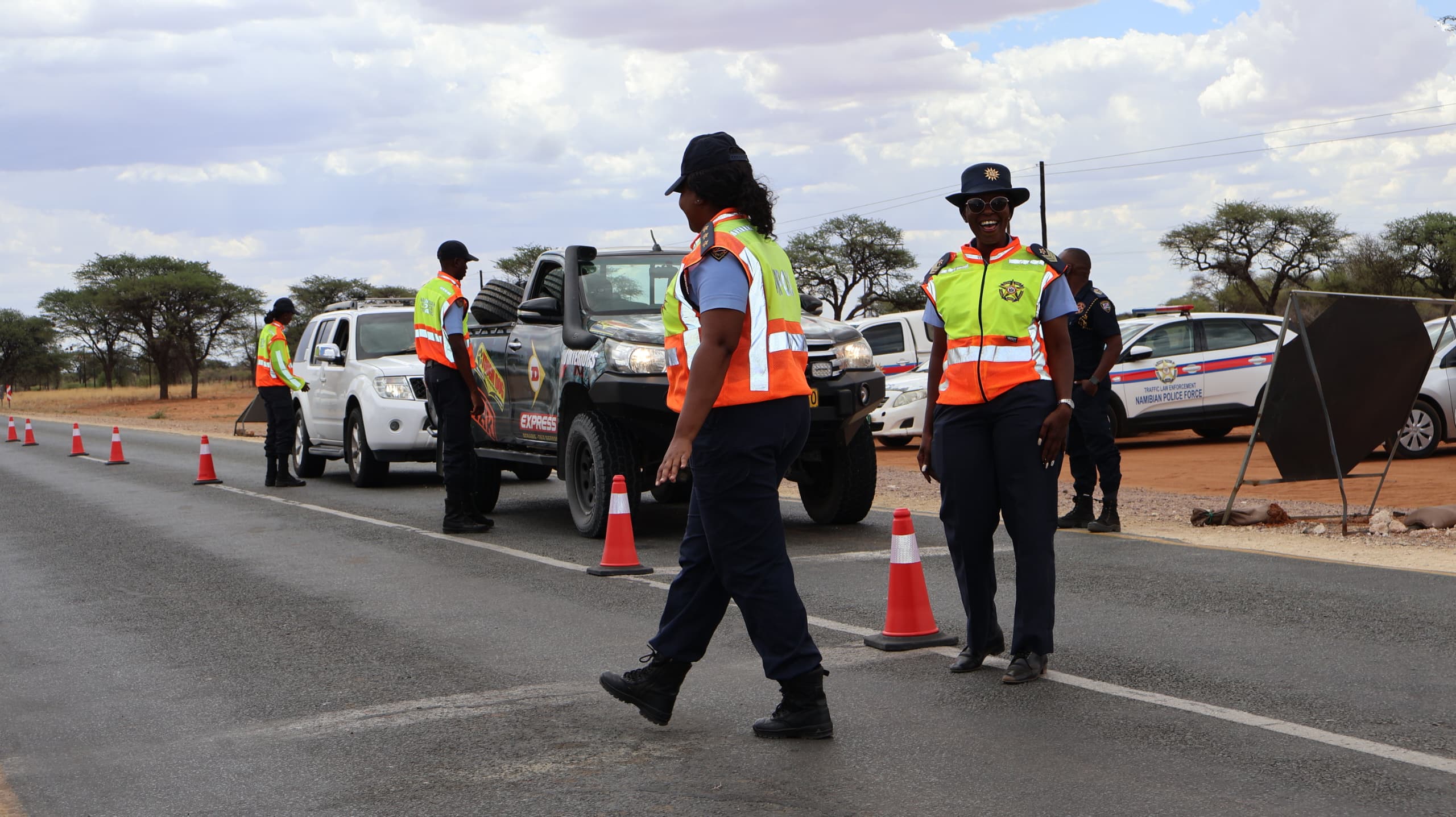ANKARA – Turkish president Recep Tayyip Erdogan has long threatened to send troops into north-eastern Syria to clear the border region of Syrian Kurdish fighters whom Turkey considers a serious security threat.
A Turkish invasion looks more likely after president Donald Trump’s sudden announcement that United States troops, who had fought alongside the Kurds against Islamic State, would withdraw from the area.
Here is a look at what Turkey wants to achieve in the area, and the risks and challenges it faces by getting even more deeply involved in the Syrian crisis.
Turkey wants to create what it calls a “safe zone” in a stretch of territory along its southern border with Syria that is currently controlled by Syrian Kurdish fighters, known as the People’s Protection Units, or YPG.
Turkey considers the YPG as terrorists affiliated with the outlawed Kurdistan Workers’ Party, or PKK, which has waged a 35-year-long war against the Turkish state. Ankara also views the YPG-controlled zone as an “existential threat.”
Erdogan has demanded a “safe zone” that is 30 kilometres deep and stretches more than 480 kilometres toward the Iraqi border. He initially had hoped to do it in collaboration with the United States but grew frustrated with what he considered to be delaying tactics by the US.
Once secured, Turkey wants to resettle the area with two million Syrian refugees who fled to Turkey due to the conflict in their home country. How such a massive resettlement would be carried out is unclear. Human rights groups have warned that any escalation of fighting in the area could displace hundreds of thousands more people.
Erdogan has spoken of plans to build towns, villages, hospitals and schools but also says Turkey, which has already spent some US$40 billion (N$600 billion) on the refugees, cannot afford to do it alone. He has said he will convene a donors conference to help meet the cost and has called on European nations to share the burden, warning that Turkey could be forced to open the “gates” for an influx of migrants to Western nations.
Turkey has carried out two previous incursions into northern Syria in recent years with the help of Syrian rebels. In the first offensive in 2016, Turkey pushed back Islamic State (IS) militants west of the Euphrates River. In the second operation last year, Turkey captured the Syrian-Kurdish controlled enclave of Afrin.
Those regions are currently administered by Turkish-backed opposition groups who run them as virtual Turkish-administered towns.
Analysts say this operation would likely be more complicated. Unwilling to let go of an area they wrested from (IS), the battle-hardened Kurdish fighters – trained and equipped by the US – have vowed to fight the Turks until the end.
“It’s a huge area for the Turkish military to go into, and clearly there will be resistance on the part of the (Syrian Kurdish forces),” said Bulent Aliriza, director of the Turkey project at the Washington-based Centre for Strategic and International Studies. Aliriza suggested the operation may be a limited one that does not stretch all the way to the Iraqi border. “That’s what we are going to look at first. How deep and how broad is it, whether it’s all the way across from the Iraqi border to the Euphrates, or just limited to two or three penetration points.”
Critics of Trump’s decision fear a Turkish operation could have destabilising consequences for the region, while both Democrats and Republicans have warned that a Turkish attack could lead to a large number of fatalities among the Kurds, who are holding thousands of captured IS fighters and their families.
One of the big question marks surrounding Turkey’s plans is whether fighting the Syrian Kurdish forces would allow IS to make a comeback.
Turkey insists that the global battle against the militants won’t suffer, and points to its 2016 incursion, which drove away IS from another border region.
But Kurdish officials have warned that they would have to divert their forces away from guarding IS prisoners in case of a Turkish assault. Kurdish authorities run more than two dozen detention facilities, scattered around north-eastern Syria, holding about 10 000 IS fighters.
The White House has said Turkey will take over responsibility for the imprisoned fighters, but it is unclear how that would happen, if it all.
Erdogan says Turkey and the United States are working separately on plans to repatriate foreign fighters held in Kurdish prisons.
– Nampa-AP
Stay informed with The Namibian – your source for credible journalism. Get in-depth reporting and opinions for
only N$85 a month. Invest in journalism, invest in democracy –
Subscribe Now!








